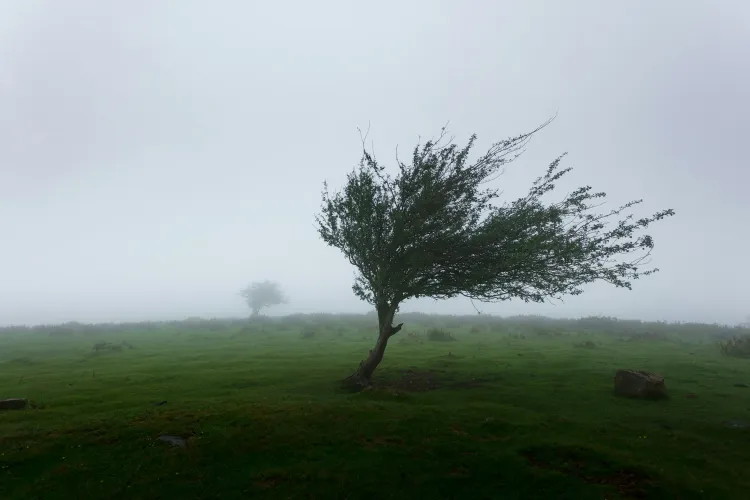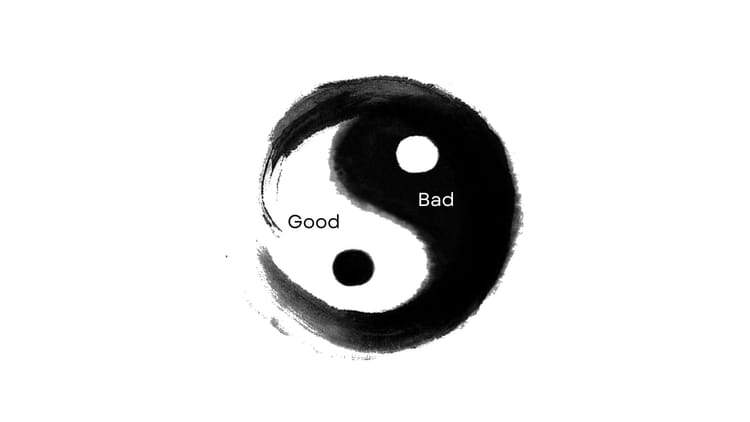How Do You Navigate Moral Challenges and Decisions in Your Life?

If you had to choose between navigating moral challenges on your own or following someone else’s rules, how would you choose?
- You could follow a book and a set of rules that tell you what to think and believe, and how to act — all unquestionably.
- Or, you could be curious, asking questions about the world so that you could learn by challenging what you believe to be true and to understand other people’s perspectives to come to equitable, more natural, humane, and virtuous options and solutions.
Which option do you choose?
In my study of over 15 translations of the Tao Te Ching, I have found the text to be an energizing and vitalizing source of humane philosophy.
The more you consider the wisdom of the 81 verses, the more it will influence how you think, the kinds of questions you ask, and how you approach the world from the context of your life. Most importantly, the Tao can show you have to be a change for collective harmony in the world, without having to tell people what to do or how to do it.
There’s one downside to the Tao Te Ching.
As short as the collected 81 verses are, the text is abstract, obscure, metaphorical and sometimes dismissed as non-philosophical, meaningless, or too challenging to understand.
The morality and ethics found in the Tao Te Ching are based on observations of the natural world, and how humans witnessing the world at that time that the book was written down interacted at all levels of society — from within family structure to state control.
Creating a just society is never a done deal. It is an ongoing creative and collective effort that requires harmonizing principles between humans and all other life on this planet, including the life of the planet itself. That is not meant to sound new age or woo-woo whatsoever.
The Tao Te Ching suggests we return to a simple appreciation and cultivation of the natural world.
This doesn’t mean we have to abandon societies or cities. Instead, if we neglect the natural world — both the care for nature and our deep connection or understanding that we are part of nature (not apart from it) — we forgo the teachings of natural law. Being regularly observant of how nature works can guide us in principled actions that support the balancing act of human relations to avoid extremes like polarization, hatred, and the destruction caused by war.
One of the core principles demonstrated in the Tao Te Ching is the mutually arising dynamic that we witness in the world that is referred to as yin and yang.
The simplest way of explaining yin and yang is our cognitive need to have a meaning for good to have the mutually arising and opposing idea of bad.
Perhaps more simply, you can use a compass or a GPS to know which direction is north, south, east, or west. If we could only ever go in one direction, there would never be a need to label that direction, let alone labeling the very movement itself. There would never be the mutually arising concept for the opposing direction.
Does this seem too simplistic or too abstract?
Isn’t simplicity at the heart of how everything begins? Is it possible that there’s a simple explanation or way of looking at things?
For example, if we consider an argument from the outside looking in, contention only exists because there are two opposing sides. Herein lives the simplicity that I’m referring to. The two opposing sides require CONNECTION — they require a mid-point or a centre — otherwise they can’t exist.
The only reason for any argument is that both sides have chosen opposing points of view that veer so far from the centre that neither side appears reconcilable with the other.
Distance is the cause of contention.
Another way to understand the meaning of distance in this context is as a lack of understanding. If both sides agreed to come closer together, they could see the origin of what connects them. This would build a bridge and help them get closer to each other, thus witnessing their shared humanity.
Both sides might still decide not to agree on how to solve their moral dilemma, but they will — at least — have achieved respect and recognition for each other.
I trust I have been able to make my point about morality, namely, if we neglect the natural world, seeing ourselves apart from it, it becomes easy to see others as apart from us — and therefore not human.
And that is something I consider to be immoral.
I invite you to consider verse 18 of the Tao Te Ching that speaks to the paradox of living without rules.
Paraphrasing Wayne Dyer in his discussion of this verse, ‘you can choose to see yourself in harmony with the reasons for regulations and organizations that control society, law, and politics rather than because of them. When you change the way you look at things, the things you look at change.’
When the greatness of the Tao is present,
action arises from one’s own heart.
When the greatness of the Tao is absent,
action comes from the rules
of “kindness and justice.”
If you need rules to be kind and just,
if you act virtuous
this is a sure sign that virtue is absent.
Thus we see the great hypocrisy.
When kinship falls into discord,
piety and rites of devotion arise.
When the country falls into chaos,
official loyalists will appear;
patriotism is born.
Quotation from: Dyer, Wayne W. Change Your Thoughts, Change Your Life: Living the Wisdom of the Tao. New York: Hay House, 2007.





Member discussion